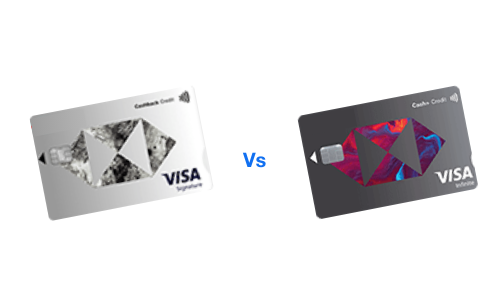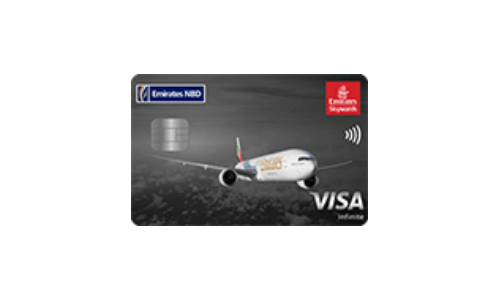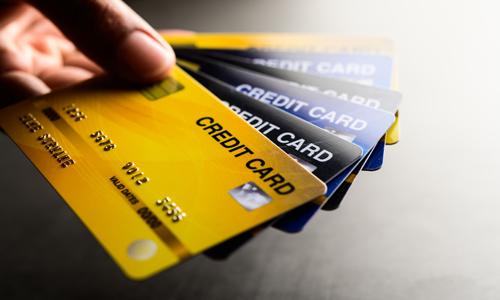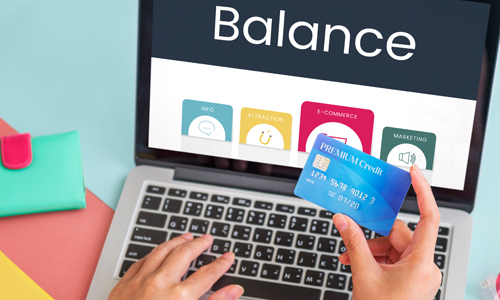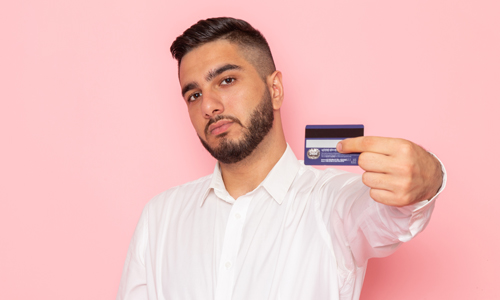What Happens if you Pay Only the Minimum Amount Due?

So, let’s dig deeper into the details of what actually is the minimum amount due on the credit card and whether it is something that will help you or harm you.
What Does Minimum Amount Due on Credit Cards Mean?
The minimum amount due on your credit card is the minimum amount that you need to pay off before or on the due date. It is an extremely small portion of the total outstanding due on a monthly basis. Generally, the minimum amount due is roughly around 5% of the total balance due on your credit card, but it can be higher in some cases, such as:
- A purchase is made on your credit card on an EMI basis.
- Expenditures on your credit card exceed your allowed credit limit.
- The previous months’ dues have not been cleared and the unpaid amount is being added to the current minimum amount that is due.
Calculating the Minimum Amount Due on a Credit Card
Most of the credit card providers in the market generally set roughly 5% of the total outstanding due as the minimum amount that is due. The unpaid amount that is outstanding from the previous month also gets added up to the current amount due. The late payment fees charged by the credit card companies can be avoided if you make the payment of the minimum amount by the due date. The late payment fee is generally a flat fee.
However, bear in mind that making payment of the minimum due amount does not waive of your interest on the total outstanding bill.

Advantages of Paying Off Just the Minimum Outstanding Due
Some of the benefits of merely paying the minimum outstanding amount due are as follows:
- It helps in avoiding any late payment fee being charged by your credit card
- It helps in the management of your finances in a better way, especially in case someone is facing a financial crisis.
- It helps in keeping your credit card accounts active, without having the providers report it under irregular activity.
- It does not affect your credit Score.
However, you might be thinking of paying off just the minimum dues has such advantages attached to it, why do financial experts in the industry insist that you pay the entire amount due? Let’s find out by digging deeper!
Why Isn’t It a Good Idea to Just Pay Minimum Dues on Your Credit Card?
If you are in the mindset where you think that paying off just the minimum dues on your credit card will help you when it comes to clearing your credit card debt, then you are in the wrong mindset.
The truth is that just paying off the minimum outstanding amount will reduce the outstanding balance for the ongoing month. But, if you continue to just pay off the minimum dues on your credit card, your debt is going absolutely nowhere.
Even if you decide that you will not be making any expenditure on your credit card until you manage to repay your entire outstanding amount, but if you just end up paying the minimum outstanding balance, your debt is definitely going to stick with you for a while. Instead, your debt will start to slowly pile up and increase. The reason behind this is that a credit card is a revolving credit line. The interest is applied to the balance due on a daily basis. If you do not manage your credit card well, it is easy for you to unknowingly and also very easily fall into, what is called, a debt trap.
When you continue to not pay the total outstanding amount, the balance as well as any new purchases made on your credit card start to accumulate, and then the interest is charged on this new outstanding amount. In simple words, if you continue to just make minimum due payments, you end up losing out on the interest-free period offered by your card provider.
Credit cards come with numerous rewards as well as privileges, they are great financial tools to get your hands at funds in a quick manner, but, only if you use it in a responsible way. Paying off just the minimum dues on your credit card can be okay when done just once in a while due to a shortage of funds, but if you end up making it a habit before you even realize, you will start to spend double the amount of funds in absolutely no time.
The Bottom Line
Keep these 3 major impacts on paying just your minimum outstanding dues in mind before you decide to resort to this option:
- It will take much longer to pay off your debt.
- You will end up accumulating high-interest charges.
Your credit utilization ratio suffers, and thereby your credit score too.
More From Credit Cards
- Recent Articles
- Popular Articles







